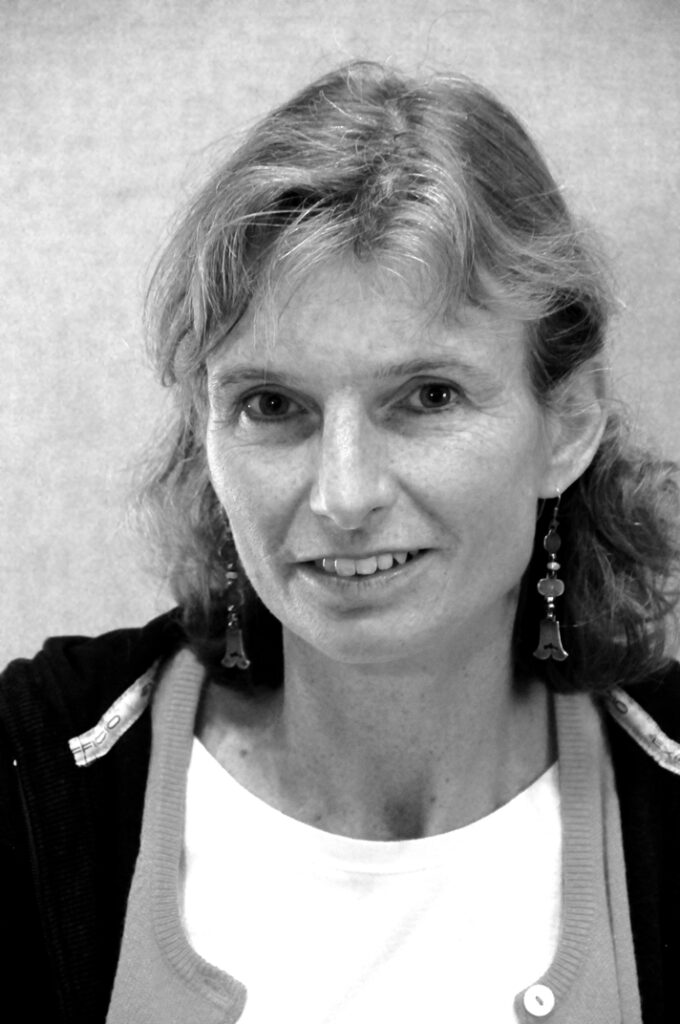The Time-Traveling Bard: Shakespeare, History, & Power

a Discovery Core Experience
B CORE 117 (Arts & Humanities)
About This Course
This class dives into some of Shakespeare’s most exciting plays as living performance scripts. Issues of race, class, gender, and power will all be in the mix as we travel back in time to learn the plays’ deep histories and then examine how they have been transformed to reflect the concerns of later times and different cultural contexts, up to the present day.
What Will Students Learn?
Students can expect to sharpen language skills, deepen historical knowledge, work critically and creatively with scripts, and appreciate dramatic writing and brilliant performances.
We will address questions such as: How was colonialism in the newly discovered Americas reflected in The Tempest? Who were the “witches” that inspired Macbeth? How do romantic comedies like As You Like It and Much Ado reflect and upend gender expectations? How did contact with Africa and the Islamic world shape Othello? How can we read The Merchant of Venice in the light of historical and modern anti-Semitism? Who was the real Cleopatra behind Shakespeare’s mercurial queen? And what happened when Julius Caesar was staged with a Trump look-alike as the lead character?
What Type of Activities Will We Do?
We will consider Shakespeare’s plays as active scripts, bringing them to life through discussions, analysis, “on your feet” activities, creative work & critical inquiry. Students will learn about the history of “timeless” works – and experience what allows them to remain vital today.
Professor Louise Spiegler (She/Her/Hers)

About Professor Spiegler
- B.A. International Studies, Johns Hopkins University
- M.A. Creative Writing and English Literature, Temple University
Contact
Email: spiegl@uw.edu
I see stories —those we read and listen to, as well as those we tell ourselves — as a powerful way of becoming. I believe that storytelling provides a unique possibility of creating community and deepening our understanding of ourselves and others.
Professor Spiegler